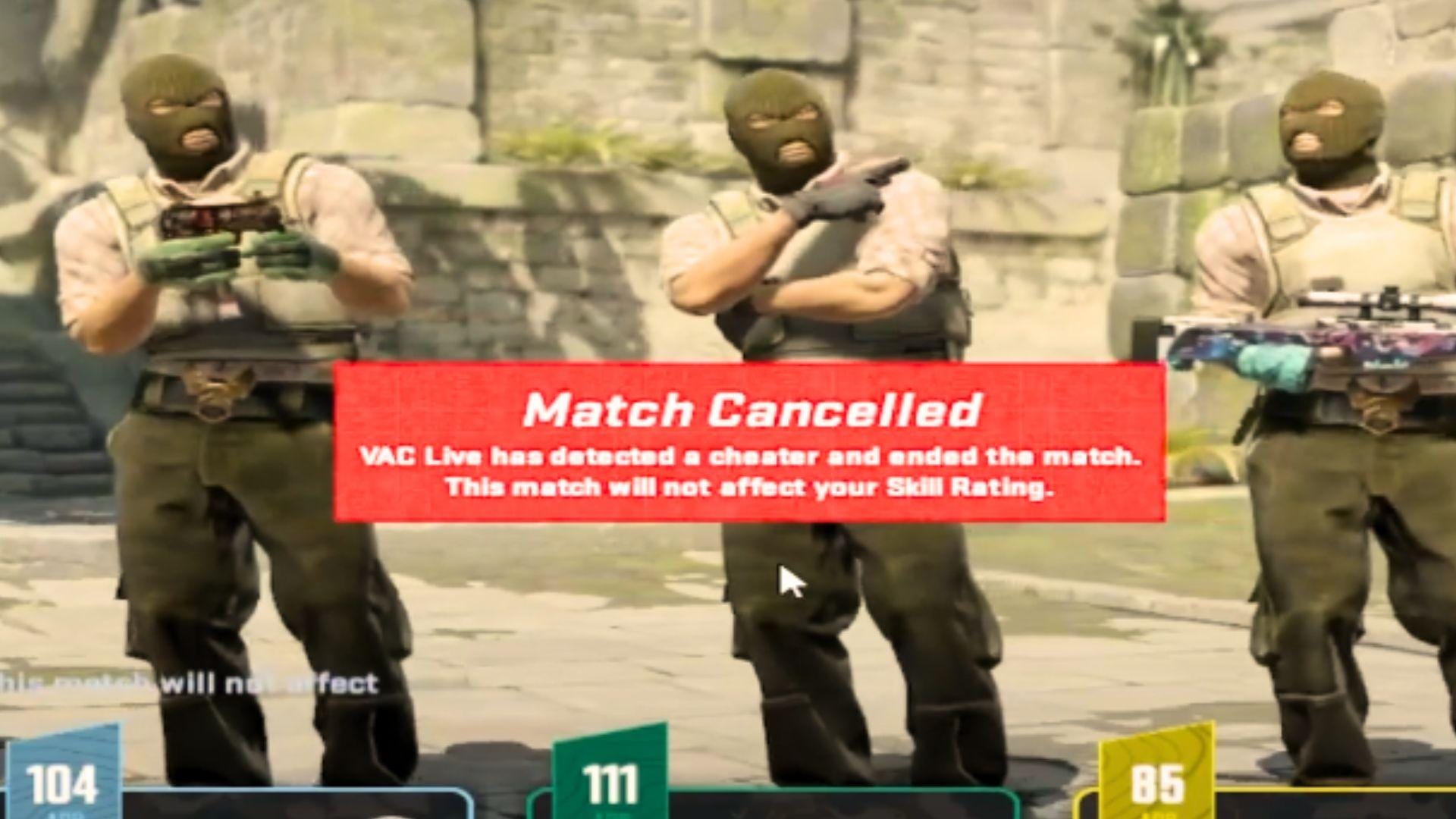Print Fix Hub
Your go-to source for everything print-related, from troubleshooting to tips.
CS2 Anti-Cheat: A Game's Best Friend or Just a Necessary Evil?
Is CS2's anti-cheat a guardian angel or a lurking villain? Discover the truth behind this controversial feature now!
Understanding CS2 Anti-Cheat: How It Works and Why It Matters
Understanding CS2 Anti-Cheat is crucial for any player who wishes to engage with the game in a fair manner. The anti-cheat system, developed to maintain the integrity of online gameplay, relies on a combination of algorithms and real-time monitoring to detect cheating behaviors. By examining user patterns, the system can identify anomalies that suggest foul play, such as aimbots or wallhacks. This approach not only helps in filtering out dishonest players but also enhances the overall gaming experience for the community.
The importance of CS2 Anti-Cheat extends beyond just maintaining fair play. It fosters a competitive environment that encourages skill development and strategic thinking among players. As ranking systems reward genuine effort and talent, players are more likely to invest time in honing their skills rather than seeking shortcuts through cheating. Overall, understanding this system is vital for appreciating the integrity and competitive spirit that defines CS2.

Counter-Strike is a popular tactical first-person shooter that has evolved over the years, culminating in its latest version, Counter-Strike 2. As players engage in intense matches, many seek ways to improve their performance and track their progress. To find out how to check cs2 stats, players can utilize various in-game features and third-party tools that provide valuable insights.
The Pros and Cons of Anti-Cheat Systems in Competitive Gaming
Anti-cheat systems play a vital role in maintaining the integrity of competitive gaming. One of the significant pros of implementing these systems is that they help create a fair playing field, thereby enhancing the overall gaming experience. Players are more likely to engage with a game that maintains balance, as cheating can drastically undermine the skill and effort that goes into competitive play. Additionally, anti-cheat systems often include active monitoring tools that can detect and penalize cheating in real-time, which can discourage potential cheaters from trying to exploit the game, fostering a more competitive environment.
However, there are also notable cons to consider when it comes to anti-cheat systems. One major concern is the potential for false positives, where legitimate players may be incorrectly flagged for cheating, leading to frustrating bans or penalties. This not only affects player trust but can also result in a significant loss of player base for game developers. Moreover, the implementation of such systems can raise privacy issues, as they often require extensive access to users' devices and personal data. As a result, game developers must carefully balance security with user privacy to maintain player confidence and satisfaction.
Is CS2 Anti-Cheat Killing the Spirit of Fair Play or Ensuring It?
The introduction of anti-cheat systems in competitive gaming has always been a contentious topic, but with the release of CS2, the debate has reached new heights. On one hand, the implementation of advanced anti-cheat measures is designed to preserve the integrity of gameplay and ensure that all players compete on an even playing field. By detecting and banning cheaters, CS2 aims to foster a community where skill and strategy reign supreme—essentially promoting the spirit of fair play. After all, what is the value of victory if it is tainted by dishonesty?
Conversely, some gamers argue that the aggressive nature of CS2's anti-cheat system may inadvertently harm the gaming experience. Players have reported false positives, leading to unjust bans and frustrations among legitimate users. This raises the question: is the strength of the anti-cheat mechanism overshadowing its intended purpose? Critics contend that while ensuring fair competition is crucial, a balance must be struck to avoid alienating dedicated players. Ultimately, the success of CS2's anti-cheat system hinges on its ability to uphold integrity without sacrificing the overall enjoyment of the game.